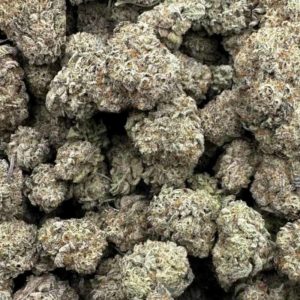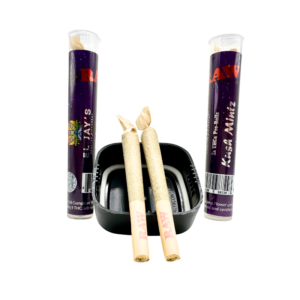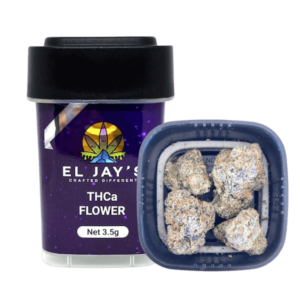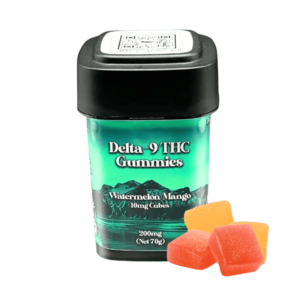
What is THCa vs THC: Understanding the Differences

In this post, we compare THCa vs Delta-9 THC.
THCa (tetrahydrocannabinolic acid) and Delta-9-tetrahydrocannabinol (Delta-9-THC) are two different chemical compounds found in the cannabis plant.
THCa is a non-psychoactive cannabinoid that is converted into Delta-9-THC when exposed to heat or light. Delta-9-THC, on the other hand, is the psychoactive compound responsible for the “high” associated with cannabis use.
THCa is the most abundant cannabinoid found in raw cannabis plants. It is found in the plant in the form of an acid, and it is not psychoactive.
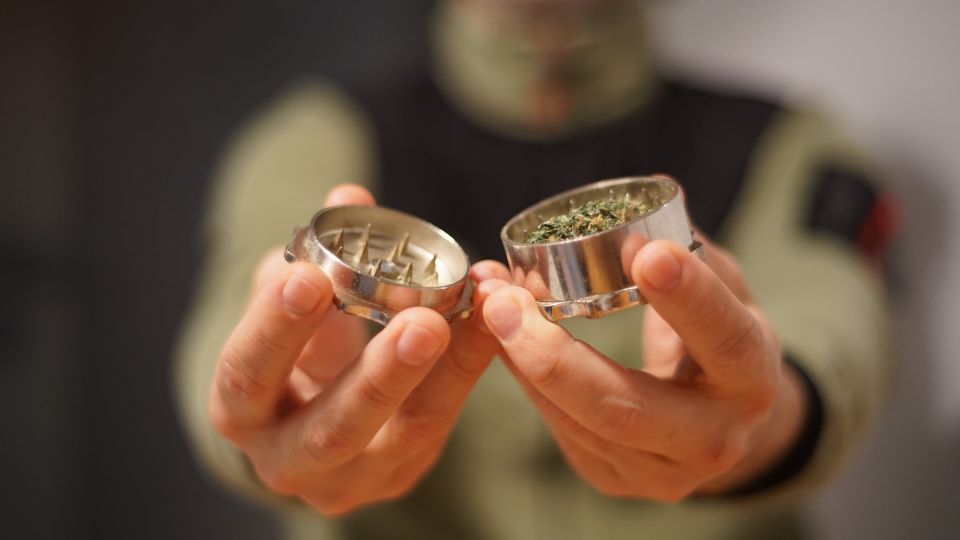
How Does THCa Convert to THC?
THCa must be heated or decarboxylated to convert it into Delta-9-THC, which is the compound that produces the psychoactive effects of cannabis. This conversion can occur naturally over time, as the plant ages and dries out, or it can be intentionally induced by heating the plant material.

Delta-9-THC is the most well-known and studied cannabinoid found in cannabis. It gives us the mind-altering effects associated with cannabis use. When Delta-9-THC is ingested, it binds to the cannabinoid receptors in the brain, producing a range of effects including euphoria, relaxation, altered perception of time, and increased appetite.

While Delta-9-THC is the primary psychoactive compound in cannabis, it is not the only cannabinoid that can produce these effects. Other cannabinoids, such as Delta-8-THC and THCv, can also produce psychoactive effects in varying degrees.
One important difference between THCa and Delta-9-THC is their legal status. THCa is not a controlled substance, and it is legal in most countries. Delta-9-THC, on the other hand, is a controlled substance in many countries, including the United States. In some states in the US, however, Delta-9-THC is legal for medical or recreational use.
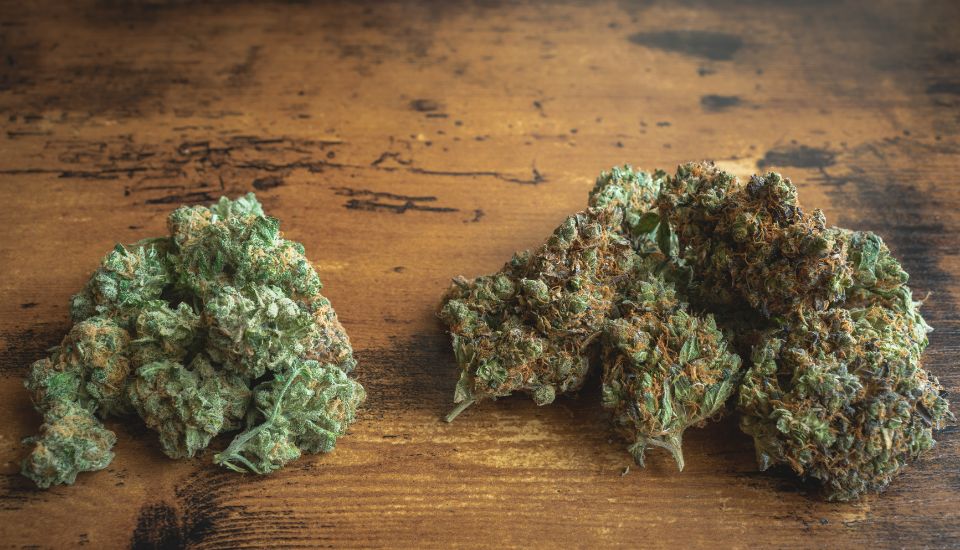
Another important difference between THCa and Delta-9-THC is their potential therapeutic effects. While Delta-9-THC offers a range of potential therapeutic benefits, including pain relief, nausea reduction, and appetite stimulation, THCa is a relatively unexplored cannabinoid in terms of its therapeutic potential.

Studies on THCa
Some studies suggest that THCa may have anti-inflammatory, neuroprotective, and anti-cancer properties. Still, we need more research to fully understand these potential benefits.
Enjoying reading, “What is THCa vs THC?” Want more great articles? If yes, click here for all our news and events.
When it comes to medicinal use, someone may prefer THCa over Delta-9-THC for its potential anti-inflammatory properties, while others may prefer Delta-9-THC for its pain relief and appetite stimulation effects.

Conclusion:
In conclusion, THCa and Delta-9-THC are two different chemical compounds found in the cannabis plant. THCA is a not a mind altering cannabinoid. The intoxication part happens when THCa converts into Delta-9-THC when exposed to heat or light.
Delta-9-THC is the primary psychoactive compound in cannabis, responsible for the “high” associated with cannabis use. While Delta-9-THC is a controlled substance in many countries, THCA is legal and relatively unexplored in terms of its therapeutic potential.
THCa typically forms in raw cannabis flower, while Delta 9 THC forms post decarboxylation, such as through smoking or vaping. This distinction is important for individuals who may be seeking the medicinal benefits of cannabis without the psychoactive effects.
Contact Us
-
THCa Hemp Flower Pounds
- $850.00 – $1,500.00
- Select options This product has multiple variants. The options may be chosen on the product page
-
El Jay’s Wholesale Top Shelf THCa Hemp Flower Pre-rolls
- $8.00 – $2,000.00
- Select options This product has multiple variants. The options may be chosen on the product page
-
Wholesale Eighths of El Jay’s THCa Hemp Flower (3.5g)
- $15.00 – $1,400.00
- Select options This product has multiple variants. The options may be chosen on the product page
-
Wholesale Northern Lights Delta-9 Gummies (200mg Total Delta-9)
- $13.50 – $3,200.00
- Select options This product has multiple variants. The options may be chosen on the product page
More Posts

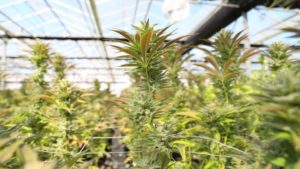
Exploring THCa Hemp Flower: Nature’s Therapeutic Treasure
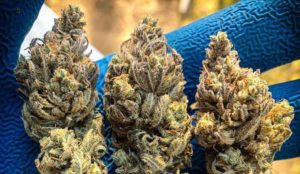
The Purity of THCa Hemp Flower: Why Spraying Is Unnecessary and Undesirable


